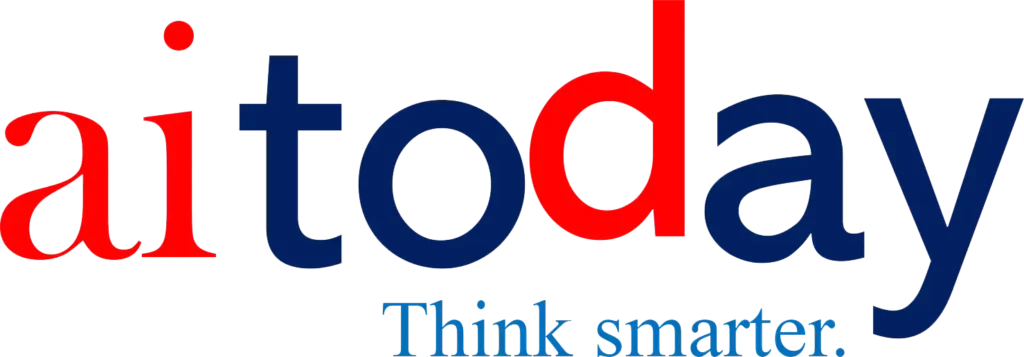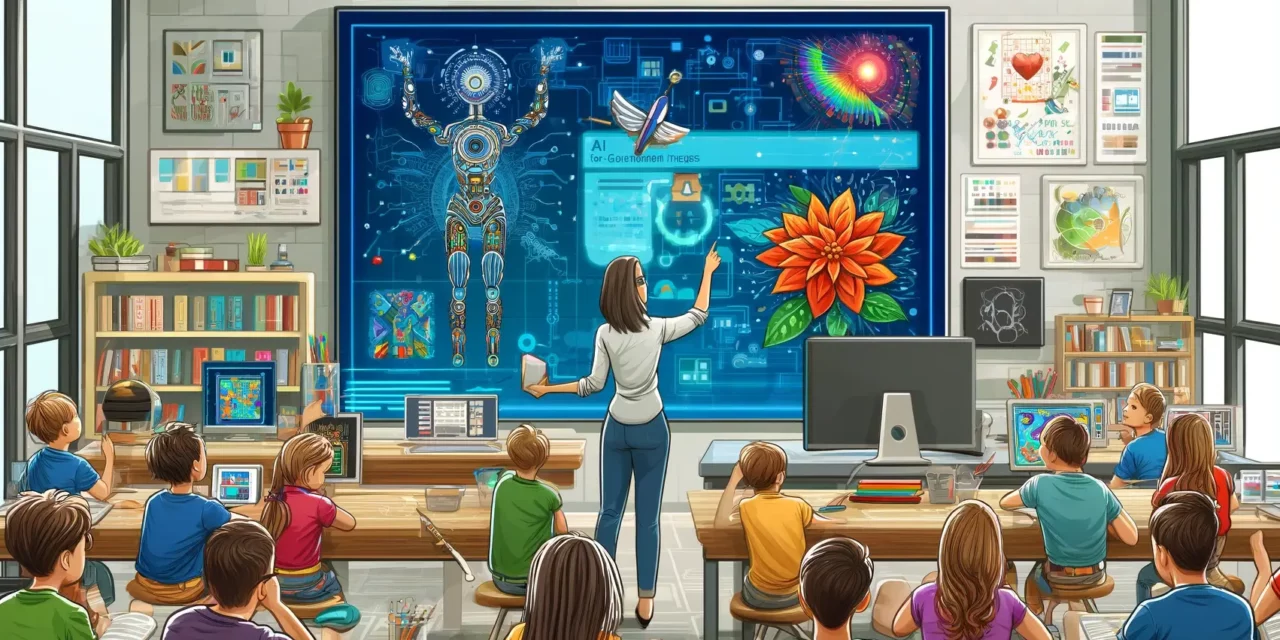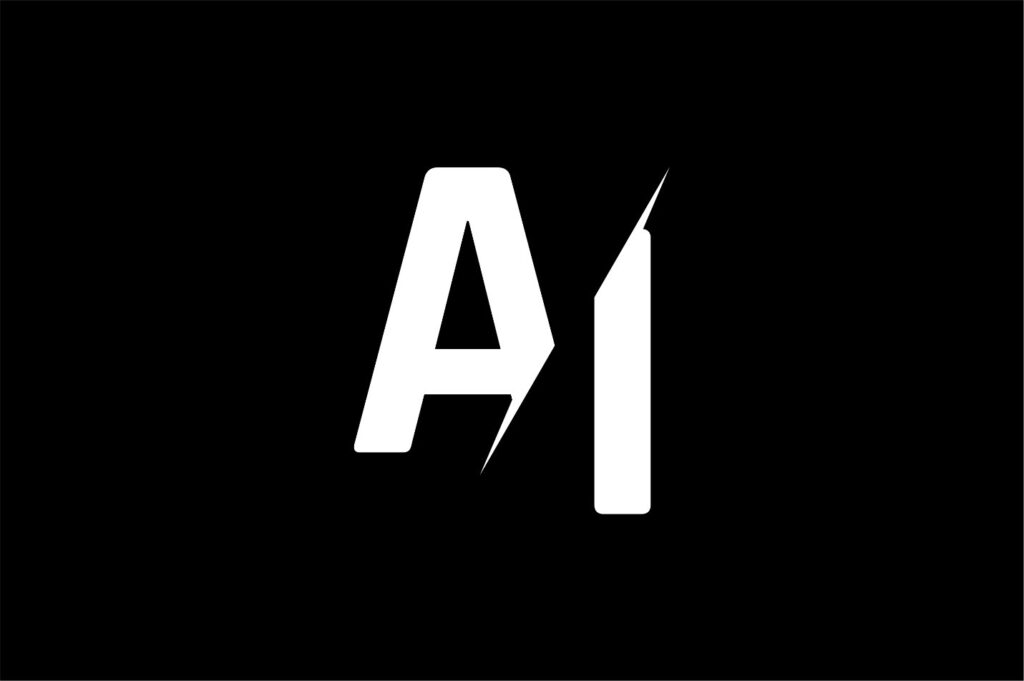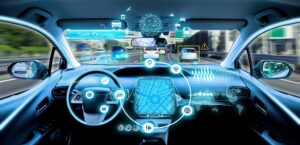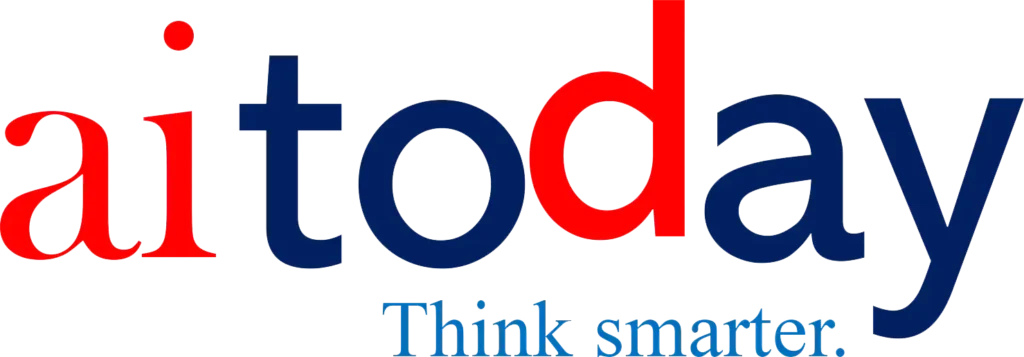A smart approach to cultivate students’ human intelligence
Writing in Development and Learning in Organizations, Rosemary (Rose) Luckin, a professor of learner centered design at the University College London Knowledge Lab, explains how AI in the classroom can enhance learning not replace it.
The study revealed seven key findings:
- “AI can revolutionize education through personalized learning, enhanced teacher development and task automation.”
- “Balance is needed between AI and human touch in education. Current education systems fail to cultivate critical thinking and creativity.”
- “Learning Mastery and Knowledge Mastery should be emphasized to foster independent thinking and problem-solving.”
- “Educators play a vital role in integrating AI into the learning process.”
- “AI can redefine success in education and cultivate future-proof skills.”
- “Responsive and adaptable educational policies are necessary.”
- “The future of education lies in harnessing AI while nurturing human intelligence.”
Those findings, Luckin explains, have practical implications for students:
- “Educators should actively engage with AI technologies and explore ways to integrate them into the learning process to enhance personalized learning experiences.”
- “Professional development programs should be designed to equip teachers with the necessary skills to effectively utilize AI tools and leverage them to improve instructional practices.”
- “Curriculum frameworks need to be revised to integrate AI literacy, digital citizenship and ethical considerations into the educational journey of young learners.”
- “Educational institutions should invest in AI-powered assessment tools that provide a holistic understanding of a student’s abilities, capturing their strengths and areas for improvement beyond test scores.”
- “Educators should focus on teaching metacognitive strategies, encouraging self-reflection and self-assessment and providing opportunities for students to develop problem-solving and critical-thinking skills.”
- “Active learning strategies, such as project-based learning, problem-based learning and inquiry-based learning, should be employed to foster deep learning and knowledge mastery.”
- “Educational policies should encourage innovation and collaboration between educational institutions, government bodies and industry stakeholders to ensure responsiveness to the rapidly evolving landscape of AI in education.”
- “Educators should strive to create a learning environment that nurtures and celebrates the unique capabilities of human intelligence while harnessing the power of AI to enhance the learning experience.”
Societally, the implications are profound.
- “Workforce preparedness for an AI-driven future.”
- “Potential exacerbation of societal inequalities.”
- “Fostering human–AI collaboration skills.”
- Addressing ethical concerns regarding data privacy and security.”
- “Emphasizing lifelong learning to adapt to changing demands.”
- “Redefining success through a holistic view of student abilities.”
- “Shaping societal values that balance human intelligence and AI capabilities. The education system must address these implications to ensure equitable access to AI-enhanced learning, maintain public trust and prepare individuals for a society where human–AI collaboration is essential, while promoting a balanced and harmonious coexistence between human intelligence and AI.”
Considering AI in education is not new. It has been perceived as a threat to learning. Professor Luckin’s approach is novel. She suggests a fundamental shift in education systems to prioritize critical thinking, creativity and problem-solving skills. That is a new lesson educators would be wise to consider.
Top 3 Takeaways
- AI in the classroom should be embraced.
- Educational institutions should invest in AI tools to improve their students’ outcomes.
- Human-AI collaboration skills are critical to improving learning.
Keywords: #AI Today, #AI, #education, #ethics, #teacher professional development, #personalized learning, #future-proof skills
